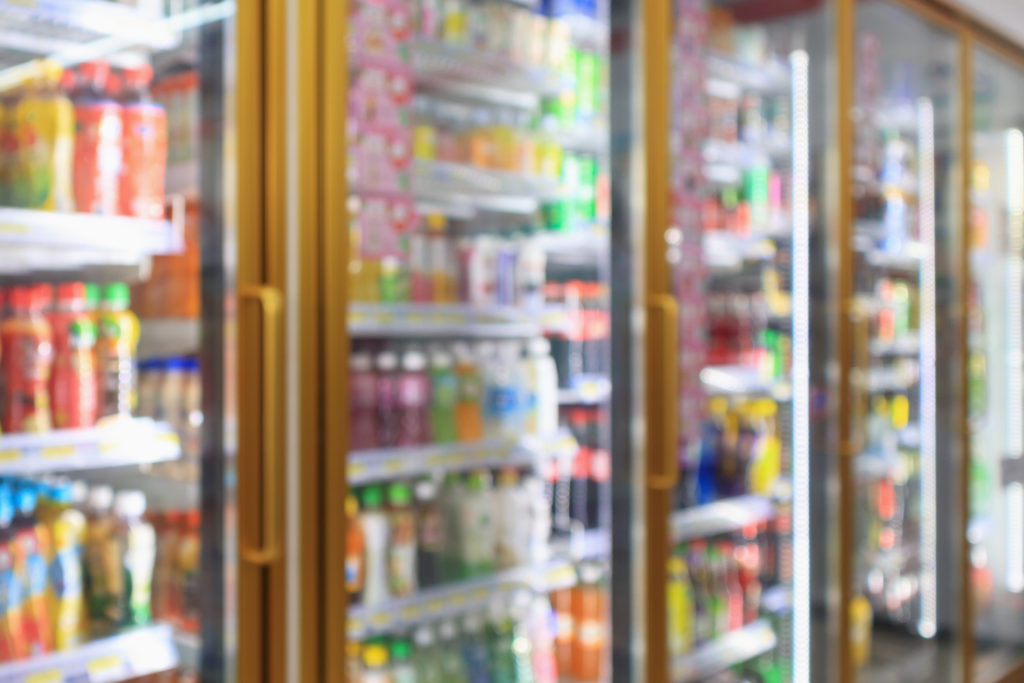
I’ve been a retail dietitian for almost 15 years. I’ve seen diet fads escalate and then lose their popularity. Cooking trends inspire the search for unique ingredients. And have helped customers turn the latest nutrition research into practice through better shopping skills. I’m pleased that for the most part, a consumer today is leaving the store with more nutritious foods.
However, one place I know folks need more guidance is in the beverage section. This seems to be the place where consumer confidence declines. They succumb to nice packaging, manufacture marketing, and the desire for flavor despite disappointing ingredients, and an unfavorable nutrition facts panel.
According to industry statistics, the beverage category is growing at 1.7% annually. The category is estimated to be valued at $1.7 million by the end of 2026. Growth like this tells me that consumer confusion is likely to grow too. Bottled beverages high in sugar, artificial colors, calories, and other negative attributes are contributing to this growth. However, the silver lining is that bottled water is driving a significant amount of that growth as well.
Water
Why water? Over the past several years, big beverage companies have been adding to their portfolio as consumers seek alternatives to soda. This includes varieties of water and other options like teas, antioxidant drinks, and more. At a time when putting warning labels on soda has been considered, companies like Coca Cola and PepsiCo are committing to improving the overall nutrition profile of their product lines. Not only are they expanding to include healthier drinks, but better breakfast options, plant-based products, and snacks too. Additionally, they are investing in functional drinks as many consumers lean on these beneficial beverages.
Functional Beverages
Functional beverages have grown in popularity as consumers seek to improve their gut health, immune system, energy, and other health factors. The benefit of functional beverages lies in their nutritive value, or how beneficial they are at either promoting health or aiding in disease prevention. Almost three quarters of adults report that they depend on functional beverages. Careful label reading is critical to ensure that these beverages aren’t also a vehicle for added sugar and excess calories. Like other products which exist under a “health halo”, functional beverages are not all created equal. It’s clear one should be careful choosing from these popular products to ensure only positive benefits are experiences by individuals relying on them.
Your grocery store is likely to offer even more bottled beverages and drink cartons in the coming months. Keep an eye on Guiding Stars updates to help you navigate and ensure you’re finding the most nutritious beverages. As always, you can also make better beverages in your home that are free from added sugar, rich in nutrients, and balanced to round out your day with the nutrition you’re seeking.